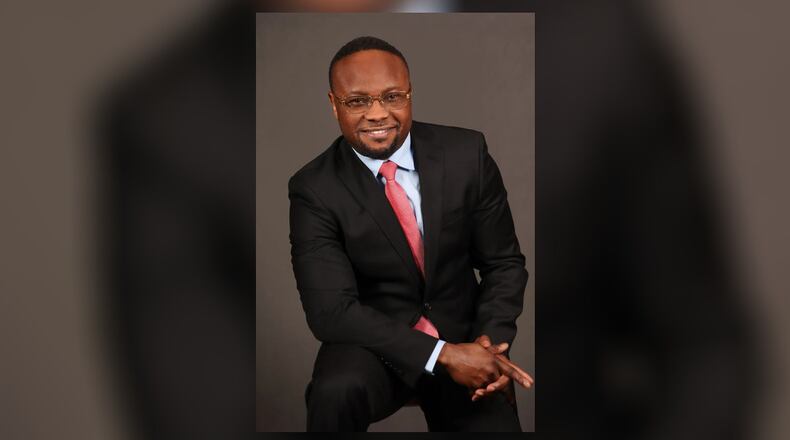A 25-year-old from Mauritania voiced his dread. Born into a life of servitude, he had been an indentured laborer on a farm, a status inherited from his enslaved parents. His ethnicity and heritage made him a target of systemic oppression. He had hoped the United States would be his sanctuary, but now, the prospect of deportation loomed, threatening to send him back to a life of bondage.
Another man, 30 years old and fleeing persecution for his sexuality, shared his ordeal. Back in Gambia, homosexuality was not just taboo but criminalized with brutal consequences. He recounted a harrowing escape after being beaten nearly to death. If returned, he feared a fate worse than the violence he had already endured.
Then there was the man from Senegal, a victim of religious intolerance. Born to a Christian mother and a Muslim father, he was ostracized and labeled a “Kaffir,” a derogatory term for non-Muslims. Threatened and physically attacked by fundamentalists, his journey to the United States was a desperate bid for survival. Now, the uncertainty of his future weighed heavily on him.
The next day, my office welcomed another concerned community leader — a pastor working tirelessly for Haitians in Columbus. He had dedicated his life to helping his congregation complete immigration forms and learn English. Yet, the election had rattled their confidence, prompting a collective plea for legal protection.
These encounters paint a vivid picture of the reality facing many immigrants. They are individuals who fled unimaginable suffering—torture, persecution, and systemic violence — seeking refuge in a nation that prides itself on liberty and justice. However, the shadow of mass deportation threatens to shatter their fragile hope.
Mass deportation is not the solution to the challenges of immigration. What we need is comprehensive immigration reform. This means adjudicating immigration cases efficiently, offering pathways to citizenship for DACA recipients who have known no other home than the United States, and enabling foreign students to apply their skills in the country that educated them. Such reforms would not only align with the nation’s values but also bolster its economy.
Immigrants fill crucial roles in industries often overlooked by citizens, particularly in menial jobs that many Americans refuse to take. Removing these individuals en masse would disrupt the economy, leaving countless positions unfilled. Effective border security can coexist with humane treatment and policies that recognize the contributions of immigrants.
The stories I encountered that weekend are not isolated. They reflect the fears and struggles of millions of immigrants across the nation. In the face of adversity, these individuals have shown remarkable courage and resilience. It is now up to us, as a society, to uphold the principles of fairness and compassion that define this country. Immigration reform is not just a necessity; it is a moral imperative.
Emmanuel Olawale is an immigrant rights attorney with offices in Columbus and Cleveland.
About the Author
